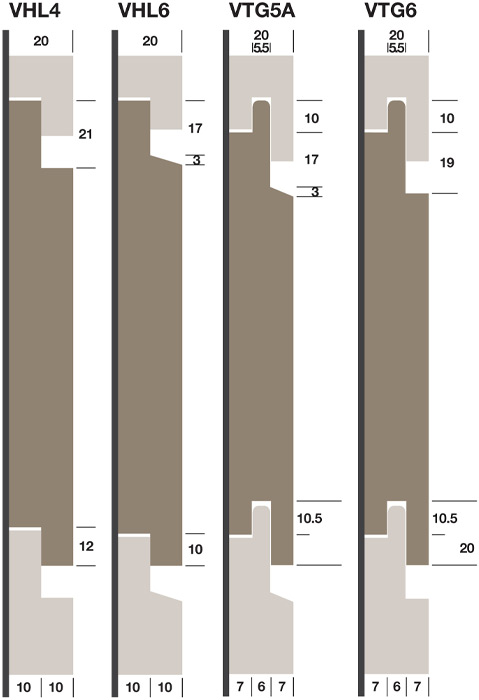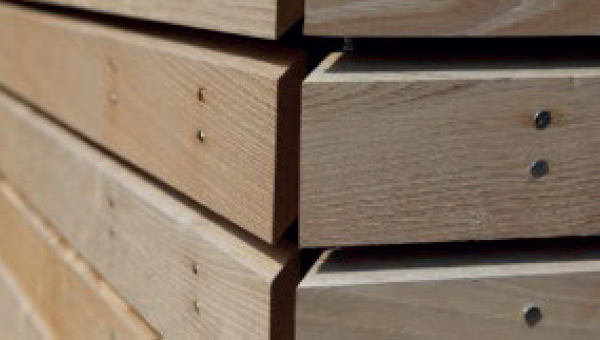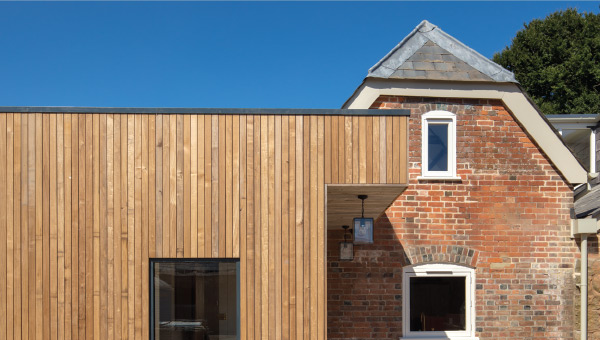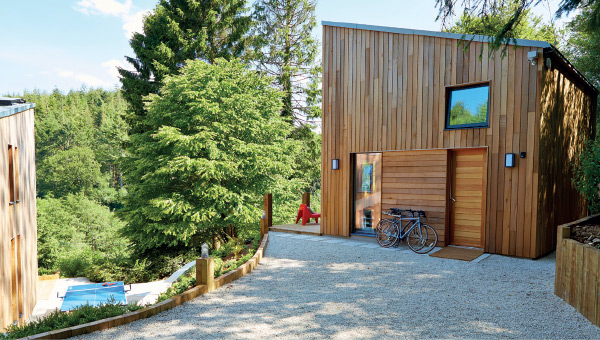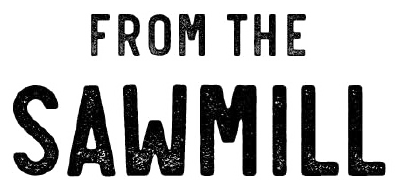Brimstone Poplar Cladding
Being lightweight, stable and durable Brimstone poplar is ideal for both residential and commercial exterior cladding projects. Brimstone poplar is a locally grown alternative to Canadian cedar.
Style
Contemporary / modern
Profiles
All machined profiles
Source
British woodlands
Beware
Brittleness
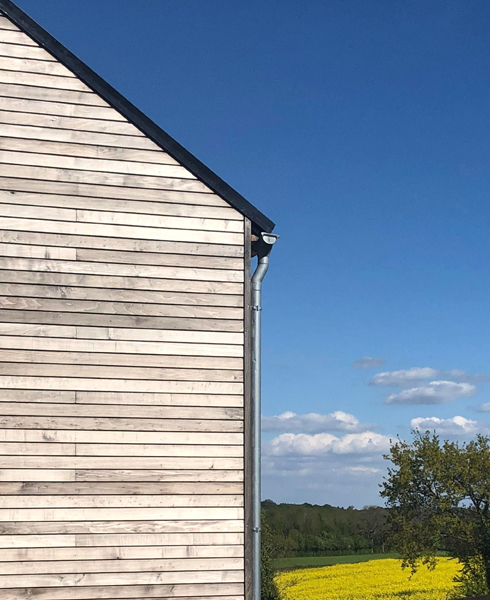
Brimstone Poplar Cladding
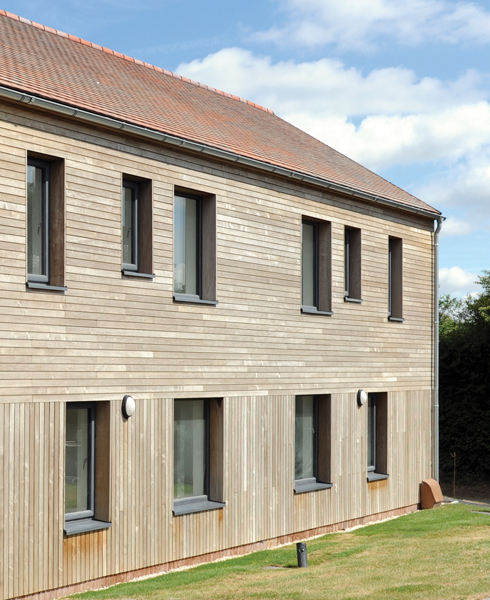
Brimstone Poplar Cladding
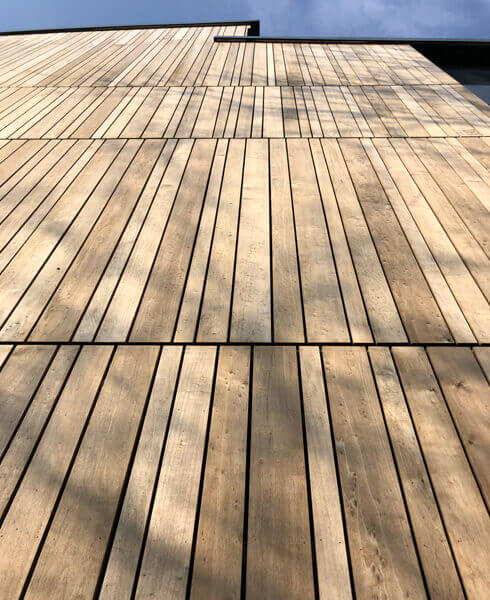
Brimstone Poplar Cladding
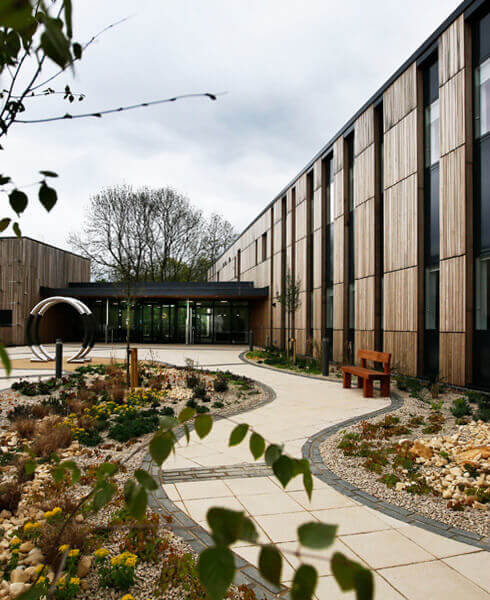
Brimstone Poplar Cladding
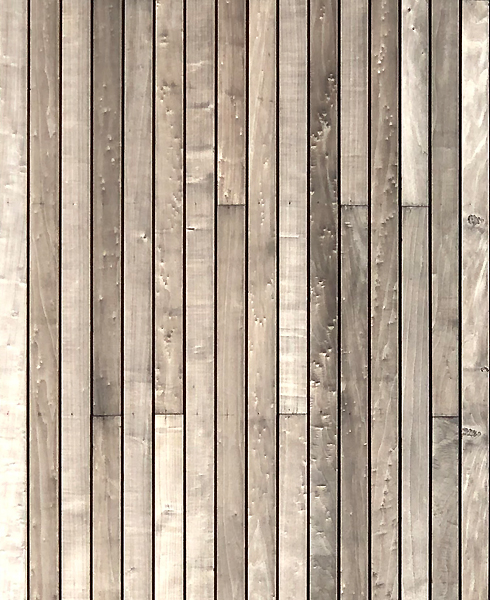
Brimstone Poplar Cladding
Brimstone Poplar Cladding Features
Brimstone poplar is a thermally modified timber cladding made of British grown poplar. It is durable, stable and beautiful as well as being the lowest priced specie in the Brimstone range. Being relatively free of knots and lightweight Brimstone poplar is a locally grown alternative to imported Canadian cedar cladding.
Brimstone uses hardwood sourced exclusively in Britain, helping to support our woodland economy. Poplar is a fast growing renewable material, responsibly harvested and Grown in Britain certified.
Brimstone poplar is transformed by thermal modification, a chemical free process that reconfigures wood by superheating it to over 200 degrees. The result is a stable and durable material, highly resistant to pests and rot, and certified to withstand the weather for over 30 years.
Call us to discuss your project
Specification
Brimstone poplar Cladding from Vastern Timber
- Thermally modified British poplar
- Sourced from legal and well-managed woodlands in England and Wales.
- Supplied by Vastern Timber (sales@vastern.co.uk)
- Grade BS1186-3 Class 1 / EN942:2007 J10
- Finished thickness of 20mm
- Overall finished widths 70mm / 95mm / 120mm / 145mm
- Random lengths 1.5mt – 3.0mt+
- Available in various profiles
- Moisture content of 4 – 6%
- Durability EN350-2 Very Durable. Class 1 (Above ground use only)
- Supplied uncoated. No treatment required.
Characteristics
Appearance
Brimstone poplar has a consistent dark chocolate brown colouring with a silky grain pattern and regular birds eye pips. The wood will contain only occasional small sound knots.
Weathering
The modification process removes most natural extractives resulting in relatively consistent weathering that is largely free of staining. Weathering to a grey colour occurs more quickly than for non-modified timber.
Desired service life
Occasionally wet 60 yrs. Frequently wet 30 yrs.
Movement class
Small
Resistance to impact
Low
Working properties
Thermally modified woods are more brittle than untreated wood. Care should be taken when cutting and nailing to prevent chipping and break out. Pre-drilling is advised.
Density
377 Kg / M3
Extractives
The modification process involves no chemicals and most naturally occurring chemicals in the wood are removed during the process. Thermally modified wood can be treated as inert.
Installation
How to fix
Hand nail with stainless steel nails through the face or through the tongue on suitable profiles.
Alternatively use a second fix nail gun and insert two nail per batten at opposing angles.
It’s important to include a 2mm expansion gap.
For more information, visit the resource centre
Batten type
Treated softwood. 35mm thick x 50mm wide
Batten spacing
400 – 600mm
Nail type
Stainless steel only. 50mm ring shank nails for hand nailing or 50mm second fix brad nails if using a gun. Trim head stainless steel screws are also suitable.
When to fix
Year round.
Resistance to fixing
Low. Modified wood is brittle and should be treated with care.
Profiles
We machine timber cladding to the profile of your choice. View our full range of cladding profiles.
We recommend the following profiles for Brimstone poplar.
Disclaimer
While the utmost care has been taken to provide accurate information, Vastern Timber shall not be held responsible for any consequences arising from any errors or omissions on this website nor for any damages resulting from the use of the information.


